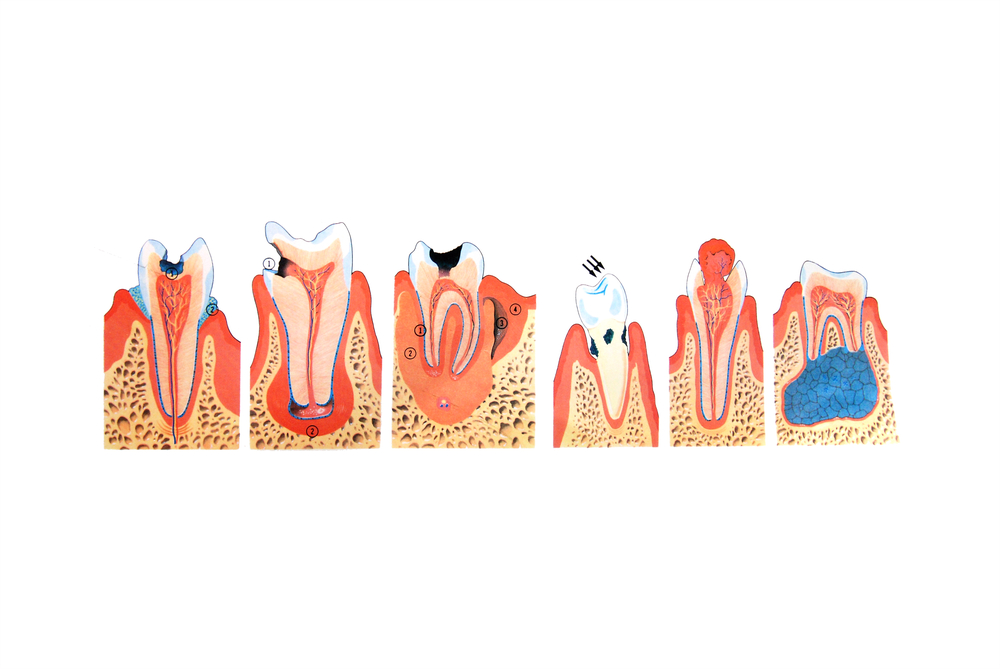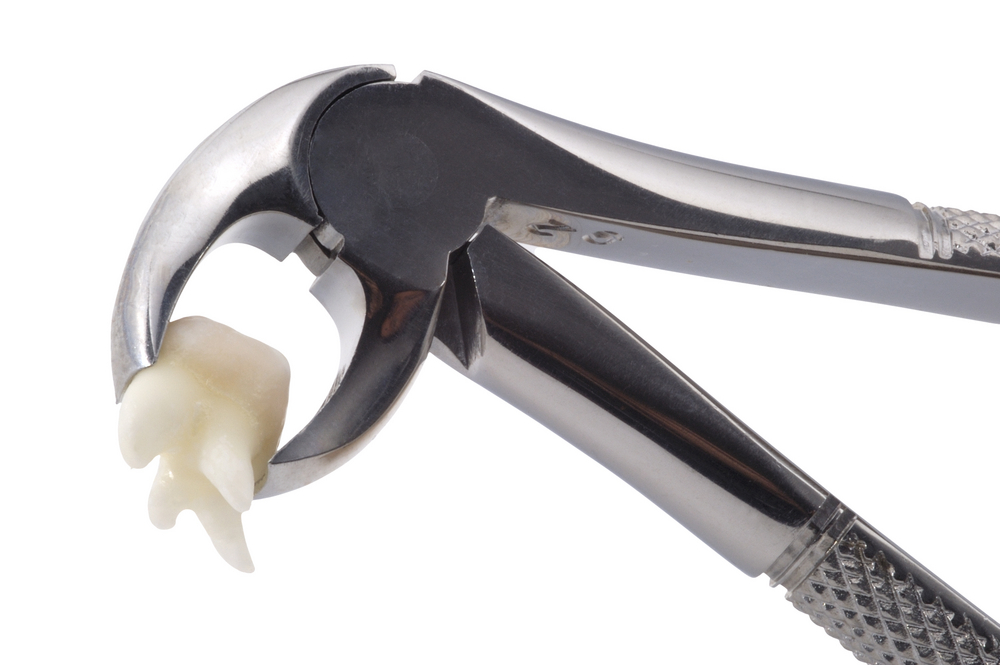FAQ
For most people, wisdom teeth do not cause any problems so they do not have to be removed.
1. Cases in which removal is recommended:
Always recommended when you have periodontal disease and there are a problem to clean.
When there is presence of cavities in these teeth.
They will also need to be extracted in some orthodontic treatments.
However, if there is not enough space to grow in the back of the mouth, which is known as impacted or retained wisdom teeth, it can cause pain, bad taste, gum irritation, it is also recommended surgical removal.
2. Simple Extraction:
When a wisdom tooth is present in the mouth and can be removed without cutting the gum.
3. Surgical removal:
When a wisdom tooth is buried below the gum or hovers slightly or whether the orientation of the tooth is bad, it is necessary to cut the gum, remove the bone and stitch.
In most cases cysts have a tooth origin. They occur as a result of infection in the tooth and the bone surrounding it.
1. What causes cysts?
The tooth is affected by a deep cavity, by a failure in a root canal treatment or by a trauma.
2. Possibilities for treatment:
- Tooth Removal when the tooth cannot be saved because the cyst is too large or because root canal treatment is impossible to perform.
- Root canal re-treatment. If the cyst does not disappear in time, root surgery will be necessary.
- Root surgery: consists of surgical removal of the cyst

1. How to remove a frenulum?
The technique known as frenectomy, it is surgery removal of abnormal frenulum; the frenulum is a muscular band connecting the tongue or lips to the gum.
2. What are the consequences of an abnormal frenulum?
It can affect the position of the teeth, difficulty in moving the tongue or lips, poor plates retention, separation of the anterior teeth and gum loss leaving part of the tooth root exposed.
The limited mobility of the tongue can cause difficulty sucking, swallowing, phonetic changes, ulcerations and developmental problems of the jaw.



